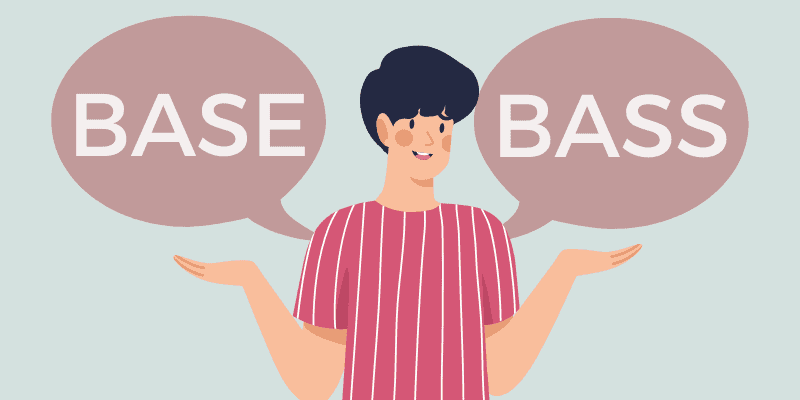Beat vs beet
Beat means 1.) to strike with violent blows 2.) to pound on something rhythmically, the rhythm of a musical piece 3.) to pulsate 3.) in cooking, to whisk vigorously 4.) to overcome an opponent in a race or contest 5.) to baffle 6.) to feel extremely tired 7.) an area or area of expertise frequented by someone 8.) the flapping of wings. According to the Oxford English Dictionary, beat is one of the top one thousand most used words in …

